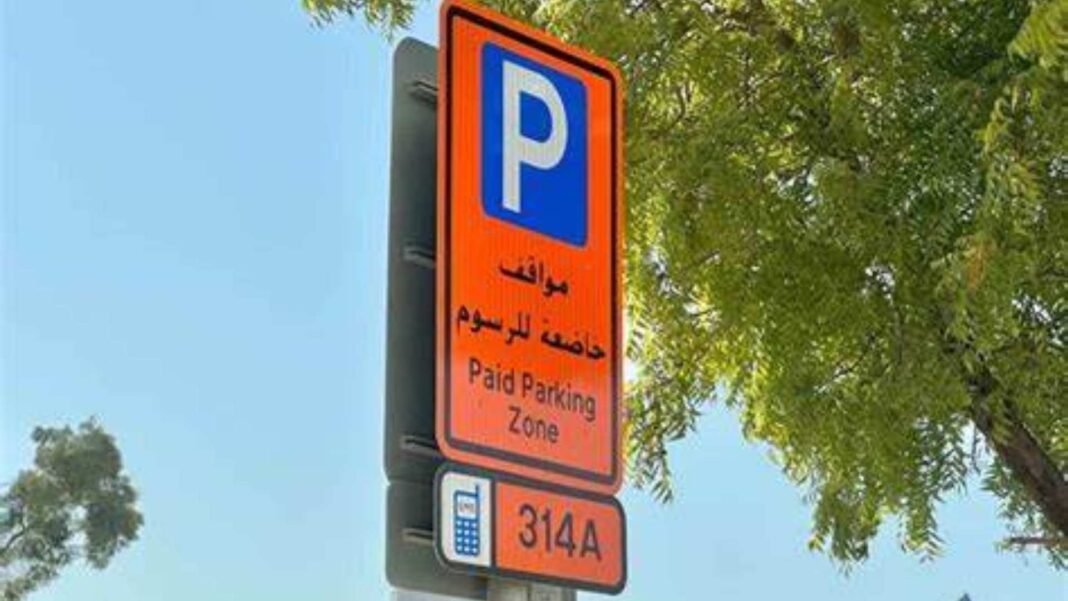The United Arab Emirates (UAE) has long been recognized as a global financial hub, and its financial system continues to evolve, adapt, and thrive. In the 4th Quarter Report of 2023 issued by the Central Bank of the UAE (CBUAE), several key points highlight the robustness and resilience of the UAE’s financial landscape. UAE’s Financial System With Dubai and Abu Dhabi emerging as global financial hubs, the country’s financial sector has expanded significantly, owing to diversification efforts and strategic investments. Security Measures in the UAE’s Financial System The cornerstone of the UAE’s financial security lies in its robust regulatory framework, designed to uphold integrity and transparency across all financial transactions. The UAE Central Bank has implemented stringent compliance standards, ensuring that financial institutions adhere to anti-money laundering (AML) and counter-terrorism financing (CTF) regulations. This proactive approach mitigates the risk of illicit financial activities within the country’s borders. To combat the changing landscape of financial crime, the UAE has implemented advanced AML initiatives that rely on cutting-edge technology and data analytics to detect and prevent suspicious transactions effectively. Recognizing the critical importance of cybersecurity, the UAE has invested heavily in state-of-the-art technologies and infrastructure to safeguard digital assets and protect
Topics
- Artificial Intelligence
- companies
- Construct 360
- E-Commerce industry
- Economy News
- Economy News
- Editor Choice
- Edtech industry
- energy industry
- Entertainment & Leisure
- Entrepreneurs
- Featured
- Fintech
- Funding News
- General News
- Government Policies
- Growth & Strategy
- Health & Wellness
- Healthtech
- industry
- Information & Communication Technology
- Lifestyle
- Management
- Management and Leadership
- Marketing & Branding
- Merger and Acquisition
- Money & Personal Finance
- News
- Oil and Gas
- Real Estate
- Sports and Productivity
- Start-up
- Technology
- Top 10 Listing Article
- Travel
- Women
More
Popular Categories




